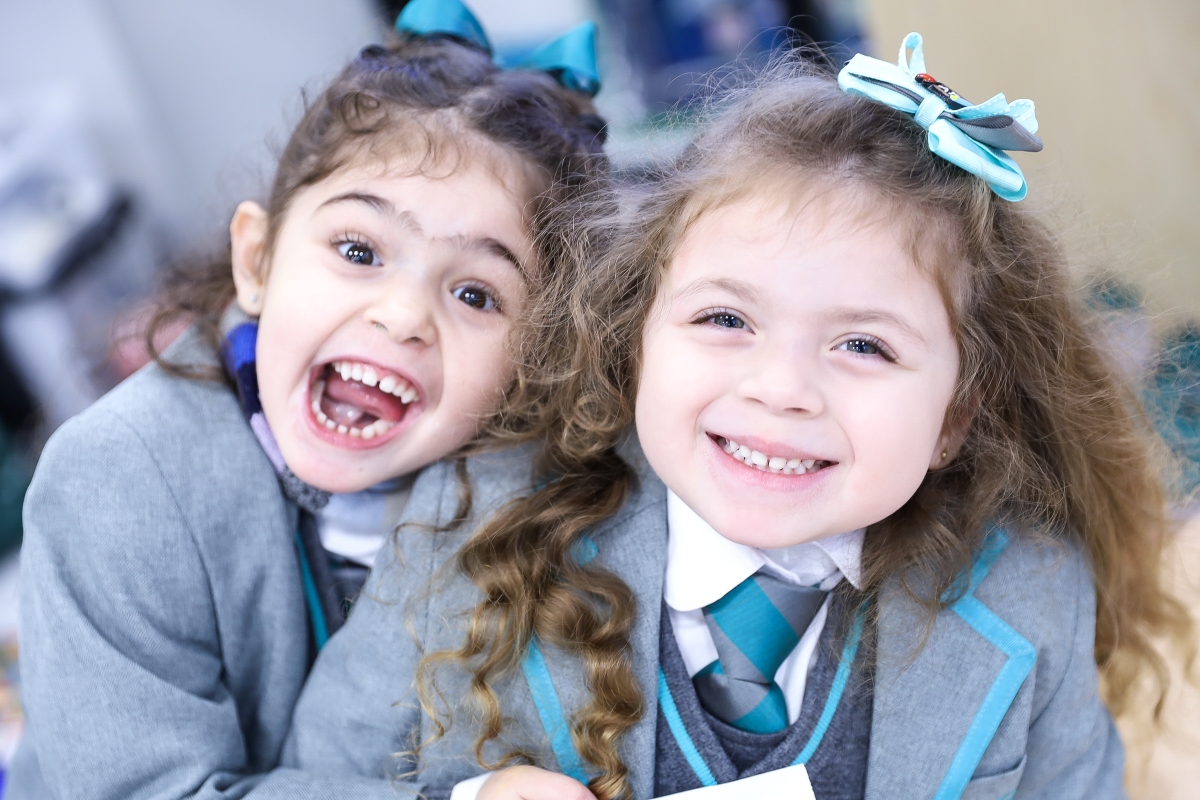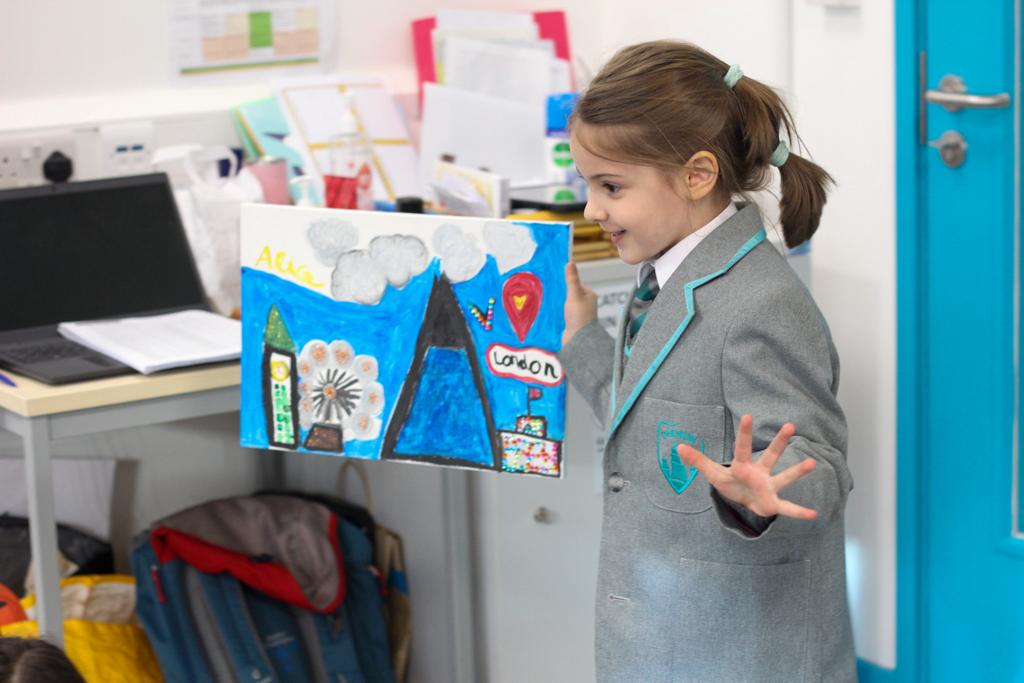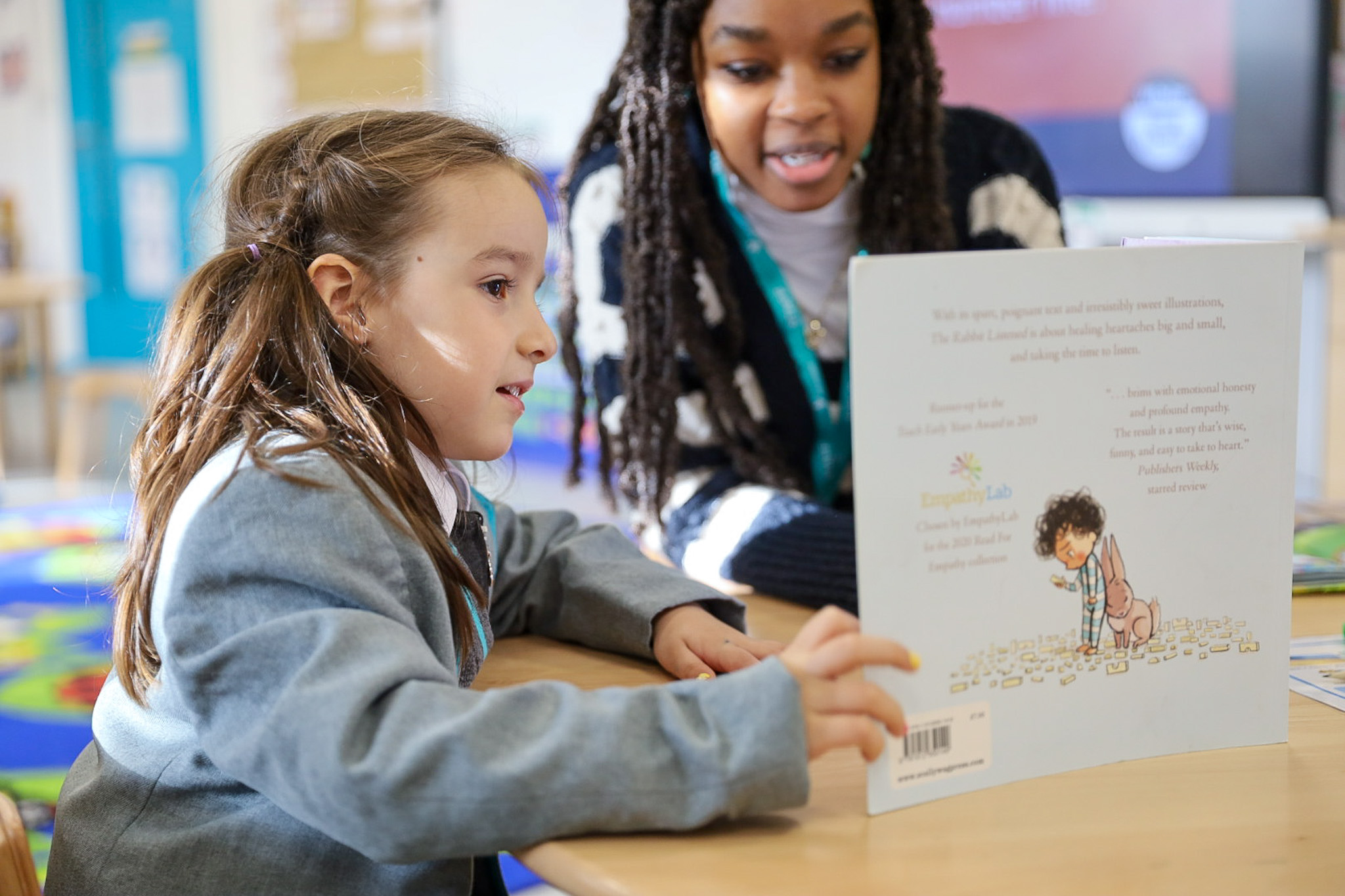EYFS Early Adopter Curriculum
As we start the new academic we would like to inform you about the curriculum we follow in the Early Years Foundation Stage (EYFS).
The EYFS is guided by a framework called ‘Development Matters’ that sets out the learning, development and assessment requirements for all children until the end of their reception year. All early years practitioners are required to pursue daily rich activities to support each child’s educational development across seven areas of learning.
This guidance has been reviewed and the goals for the end of reception year have been updated.
At APSoL we are excited to become an ‘early adoption’ school before the statutory implementation in September 2021.
The reforms bring about some exciting changes. The EYFS framework has never prescribed a particular teaching approach and the new framework holds true to this value. Our philosophy of early year’s education remains the same with play and wellbeing at the heart of everything we do.
You can find the detailed ‘EYFS early adopter framework- Development Matters’ document by clicking the link below:
In the final term of the year, a profile will be completed for your child. This provides parents and carers, practitioners and teachers with a well-rounded picture of a child’s knowledge, understanding and abilities, their attainment against expected levels, and their readiness for year 1. Throughout their year in Reception, the children will be observed and assessed through their play in order to gain insights and make reasonable judgements against the early learning goals. We will use the terms ‘emerging’ or ‘expected’ to describe our judgements, under the new guidance the term ‘exceeding’ has been removed.
EYFS Framework
There are four guiding principles should shape practice in early years settings. These are:
• every child is a unique child, who is constantly learning and can be resilient, capable, confident and self-assured
• children learn to be strong and independent through positive relationships
• children learn and develop well in enabling environments, in which their experiences respond to their individual needs and there is a strong partnership
between practitioners and parents and/or carers
• children develop and learn in different ways (see “the characteristics of effective teaching and learning” at paragraph 1.9) and at different rates.
The framework covers the education and care of all children in early years provision, including children with special educational needs and disabilities.
The Foundation Stage Curriculum is divided into seven areas of learning.
Three prime areas are:
- Communication and language
- Physical development
- Personal, social and emotional development
Four specific areas are:
- Literacy
- Mathematics
- Understanding the world
- Expressive arts and design








